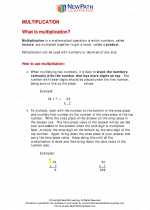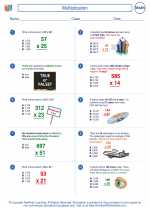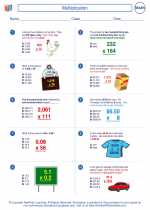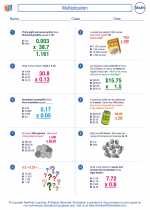Mass
In physics, mass is a measure of the amount of matter in an object. It is a fundamental property of an object that determines its resistance to acceleration when a force is applied. The standard unit of mass in the International System of Units (SI) is the kilogram (kg).
Understanding Mass
Mass is different from weight, which is the force exerted on an object due to gravity. While an object's mass remains constant regardless of its location, its weight can vary depending on the strength of the gravitational field. Mass is often measured using a balance scale, which compares the mass of an object to that of known masses.
Units of Mass
The kilogram (kg) is the base unit of mass in the SI system. Other units of mass include the gram (g) and the metric ton (t). In the imperial system, mass is measured in pounds (lb) and ounces (oz).
Calculating Mass
Mass can be calculated using the formula:
Mass = Density × Volume
Where:
- Mass is the mass of the object (in kilograms)
- Density is the density of the material (in kilograms per cubic meter, kg/m³)
- Volume is the volume of the object (in cubic meters, m³)
Study Guide: Mass
.◂Math Worksheets and Study Guides Sixth Grade. Multiplication

 Worksheet/Answer key
Worksheet/Answer key
 Worksheet/Answer key
Worksheet/Answer key
 Worksheet/Answer key
Worksheet/Answer key
